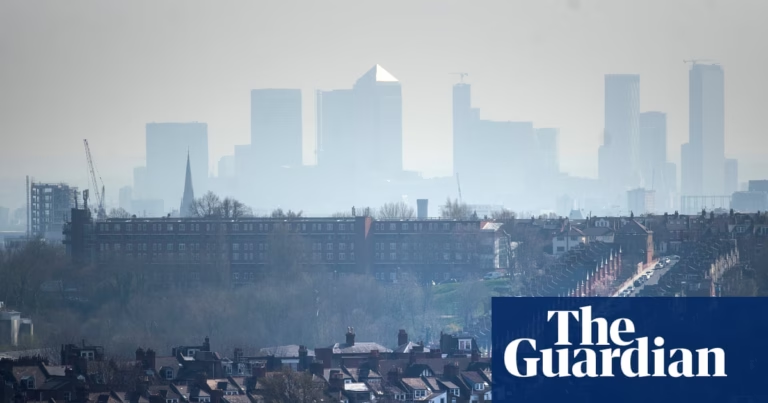There is an 80% probability that global temperatures will surpass at least one annual heat record within the next five years, increasing the likelihood of severe droughts, floods, and forest fires, according to a recent report by the World Meteorological Organization (WMO).
For the first time, the data also suggests a slight possibility that the world could experience a year that is 2°C hotter than the preindustrial era before 2030, a scenario scientists have described as “shocking.”
The report follows the hottest decade on record and highlights the growing threat to human health, national economies, and natural landscapes unless the burning of fossil fuels and deforestation is halted.
The medium-term global climate update combines short-term weather observations and long-term climate projections. It forecasts a 70% chance that the five-year average warming for 2025-2029 will exceed 1.5°C above preindustrial levels.
This would bring the world dangerously close to breaching the most ambitious target of the Paris Agreement, which is based on a 20-year average.
The report also indicates an 86% likelihood that the 1.5°C threshold will be crossed in at least one of the next five years, up from a 40% probability in the 2020 report.
In 2024, the 1.5°C threshold may be breached on an annual basis for the first time—a development that was considered highly unlikely in earlier predictions.
The likelihood of reaching 2°C before 2030, although small—approximately 1%—suggests the rapid warming of the planet.
The impacts of this warming will not be uniform. Arctic winters are expected to warm at a much faster rate than the global average, partly due to sea ice melting. The Amazon rainforest may experience more frequent droughts, while south Asia, the Sahel, and northern Europe, including the UK, could witness increased rainfall.
Scientists emphasize that immediate climate action is necessary to avoid the worst-case scenarios and that limiting warming to 1.5°C is still achievable if fossil fuel emissions are drastically reduced.
Source: https://www.theguardian.com/environment/2025/may/28/global-temperatures-break-annual-heat-record-next-five-years-world-meteorological-organization







